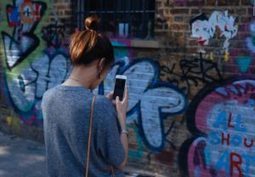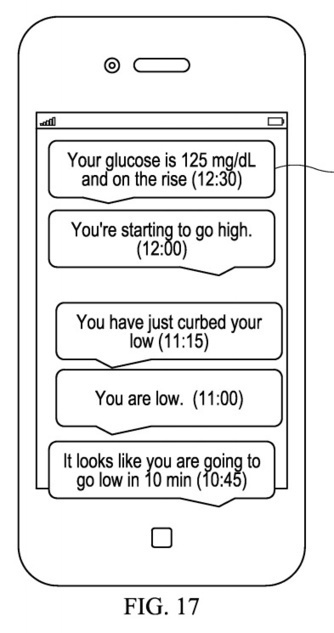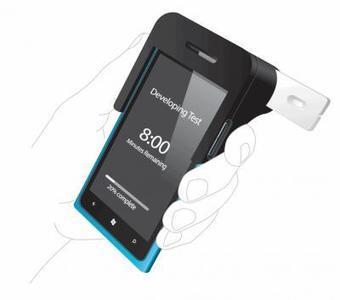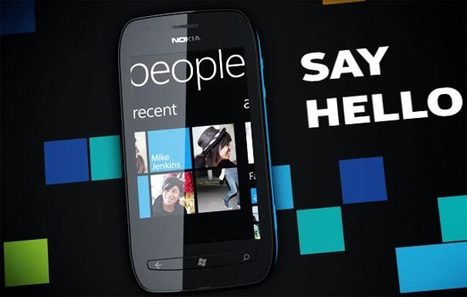Emerging technologies can offer real benefits to people with mental health difficulties
Current smartphones are several times more powerful than the Cray-2 supercomputer, the 1980s fastest computer. Smartphones, have changed the game for digital interventions. These beloved tiny supercomputers present an opportunity for mental health to deliver ‘ecological; momentary’ interactions (EMIs) in harmony with the fabric of people’s lives.
Ecological momentary interventions (EMIs) are treatments that are provided to people during their everyday lives (i.e. in real time) and in natural settings (i.e. real world) (Heron & Smyth, 2010).
Often in mental health when thinking about the development of health apps we find ourselves struggling to fully conceptualise what it is we are attempting to do and why.
“Ecological momentary interventions for depression and anxiety” by Schueller et al (2017) brings together some useful ways of thinking about apps for mental health and how we might understand them.
The authors are keen that we review where we have been with digital mental health apps so that we might begin to develop a far more exciting digital mental health future. The paper includes a number of ideas useful to those of us looking to understand and develop ways of making people’s lives better using digital technologies. The paper also makes a number of useful distinctions between different types of interactions between patients and technology and explores how we might better understand them.
Smartphones make new kinds of health intervention possible. Rather than sitting down to do a health related task, interventions can be quick and take place in the context of other everyday activities.
We make momentary ecological interventions with our smartphones hundreds of times a day; from firing off a quick email to checking our bank balance. Once the threshold for digital health was Ecological Momentary Assessments (EMAs).
Such assessments might encourage people to answer a question about their current feelings or asking people to measure something such as heart rate or blood sugar, extending the ‘window of observation’ into people’s lives and allowing the collection of data by asking people to feedback via an app.
In the paper, Schueller et al discuss methods of understanding what digital interventions for depression and anxiety actually are, ways of evaluating these interventions and report recent evidence for the efficacy of such interventions. Their paper also suggests a future path for digital mental health application development.
A brave new world?
Schueller et al make it clear that smartphone technology has extended the horizon of possibility for treatment and also for the monitoring or tailoring of treatment because modern apps can both measure our responses to interventions and also modify those interventions in light of direct feedback.
The authors set out a compelling vision of the future of digital mental health interventions where “advances in EMIs are likely to take us one step closer to personal digital mental health assistants.
These assistants will listen to people through sensed data, learn from people in the context of their daily lives, and guide people in directions that will support their mental health.
Such personal digital mental health assistants will still be made up of combinations of interventions, decision points, tailoring rules, and decision rules but powered by advances in technologies and analytics that make each of these more personalized and more data-driven.”



 Your new post is loading...
Your new post is loading...











